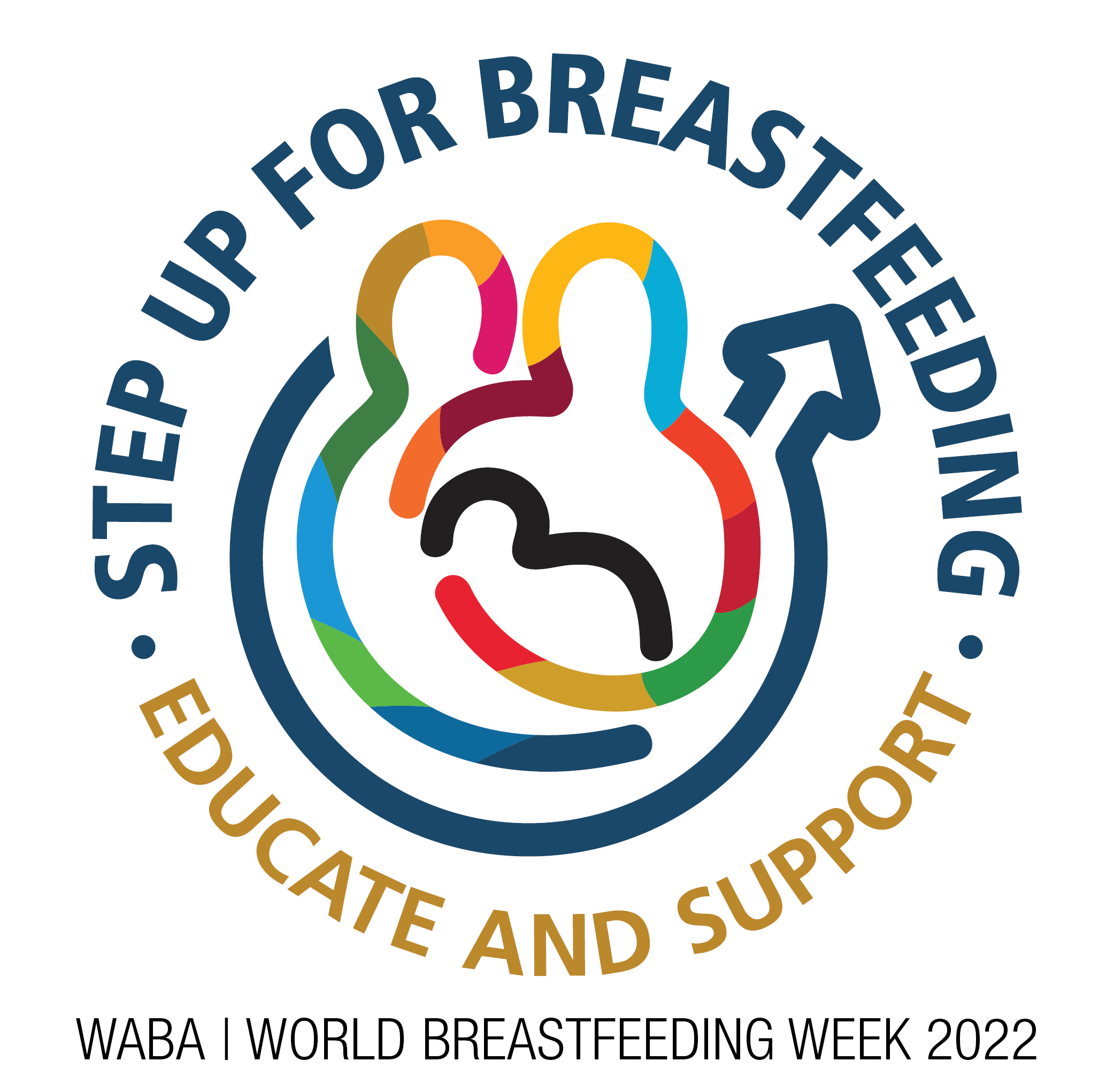NEW YORK/GENEVA, 1 August 2022 – As global crises continue to threaten the health and nutrition of millions of babies and children, the vital importance of breastfeeding as the best possible start in life is more critical than ever.
This World Breastfeeding Week, under its theme Step up for breastfeeding: Educate and Support, UNICEF and WHO are calling on governments to allocate increased resources to protect, promote, and support breastfeeding policies and programmes, especially for the most vulnerable families living in emergency settings.
During emergencies, including those in Afghanistan, Yemen, Ukraine, the Horn of Africa, and the Sahel, breastfeeding guarantees a safe, nutritious and accessible food source for babies and young children. It offers a powerful line of defense against disease and all forms of child malnutrition, including wasting.
Breastfeeding also acts as a baby’s first vaccine, protecting them from common childhood illnesses.
Yet the emotional distress, physical exhaustion, lack of space and privacy, and poor sanitation experienced by mothers in emergency settings mean that many babies are missing out on the benefits of breastfeeding to help them survive.
Fewer than half of all newborn babies are breastfed in the first hour of life, leaving them more vulnerable to disease and death. And only 44 percent of infants are exclusively breastfed in the first six months of life, short of the World Health Assembly target of 50 percent by 2025.
Protecting, promoting, and supporting breastfeeding is more important than ever, not just for protecting our planet as the ultimate natural, sustainable, first food system, but also for the survival, growth, and development of millions of infants.

That is why UNICEF and WHO are calling on governments, donors, civil society, and the private sector to step up efforts to:
· prioritize investing in breastfeeding support policies and programmes, especially in fragile and food insecure contexts;
· equip health and nutrition workers in facilities and communities with the skills they need to provide quality counselling and practical support to mothers to successfully breastfeed;
· protect caregivers and health-care workers from the unethical marketing influence of the formula industry by fully adopting and implementing the International Code of Marketing of Breast-Milk Substitutes, including in humanitarian settings; and
· implement family-friendly policies that provide mothers with the time, space, and support they need to breastfeed.
Breastfeeding is one of the most effective ways to ensure child health and survival. However, nearly 2 out of 3 infants are not exclusively breastfed for the recommended 6 months—a rate that has not improved in 2 decades.
Breastmilk is the ideal food for infants. It is safe, clean and contains antibodies which help protect against many common childhood illnesses. Breastmilk provides all the energy and nutrients that the infant needs for the first months of life, and it continues to provide up to half or more of a child’s nutritional needs during the second half of the first year, and up to one third during the second year of life.
Breastfed children perform better on intelligence tests, are less likely to be overweight or obese and less prone to diabetes later in life. Women who breastfeed also have a reduced risk of breast and ovarian cancers.
Inappropriate marketing of breast-milk substitutes continues to undermine efforts to improve breastfeeding rates and duration worldwide.
WHO and UNICEF recommend that children initiate breastfeeding within the first hour of birth and be exclusively breastfed for the first 6 months of life – meaning no other foods or liquids are provided, including water.
Infants should be breastfed on demand – that is as often as the child wants, day and night. No bottles, teats or pacifiers should be used.
From the age of 6 months, children should begin eating safe and adequate complementary foods while continuing to breastfeed for up to 2 years and beyond.












